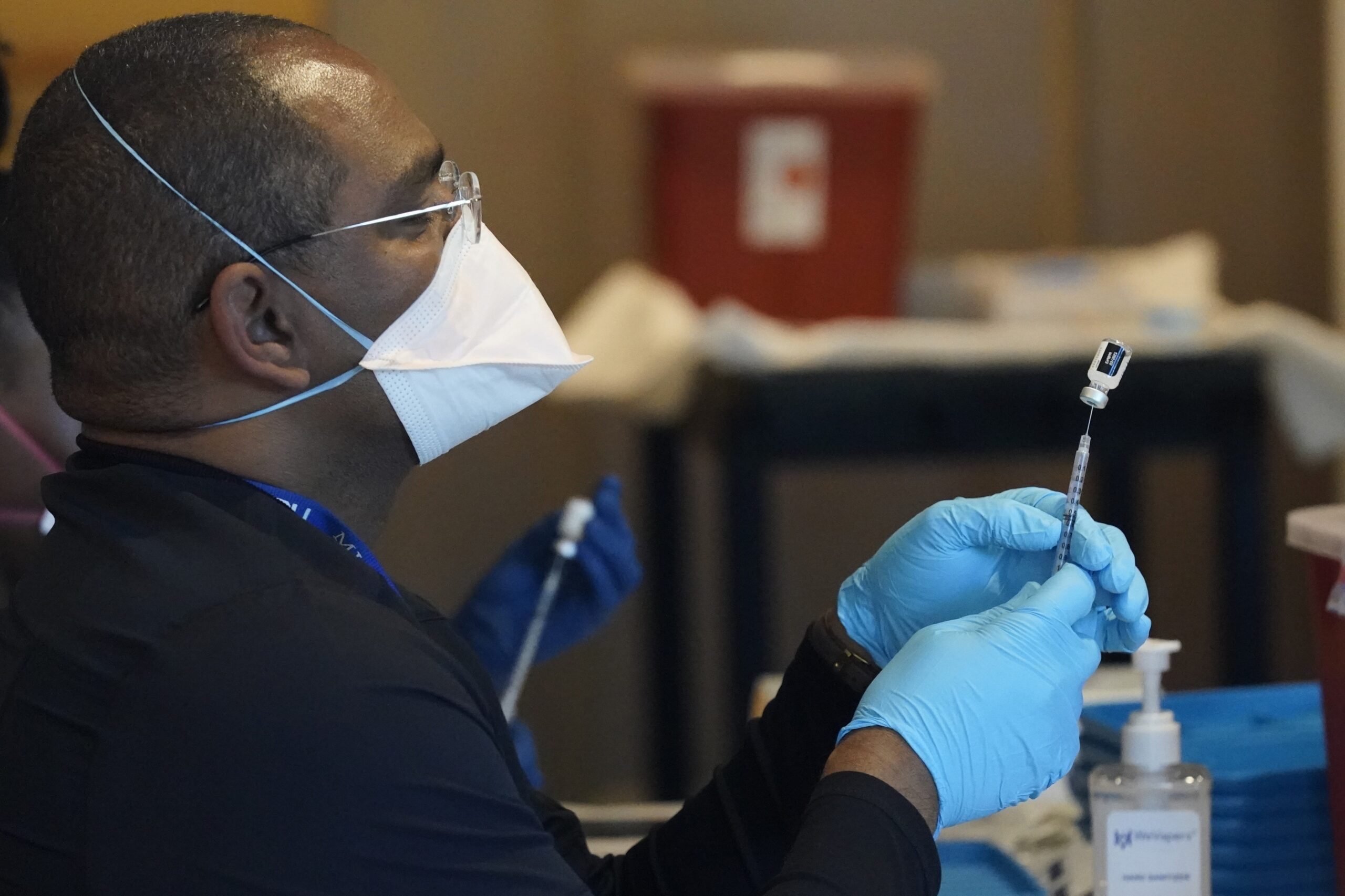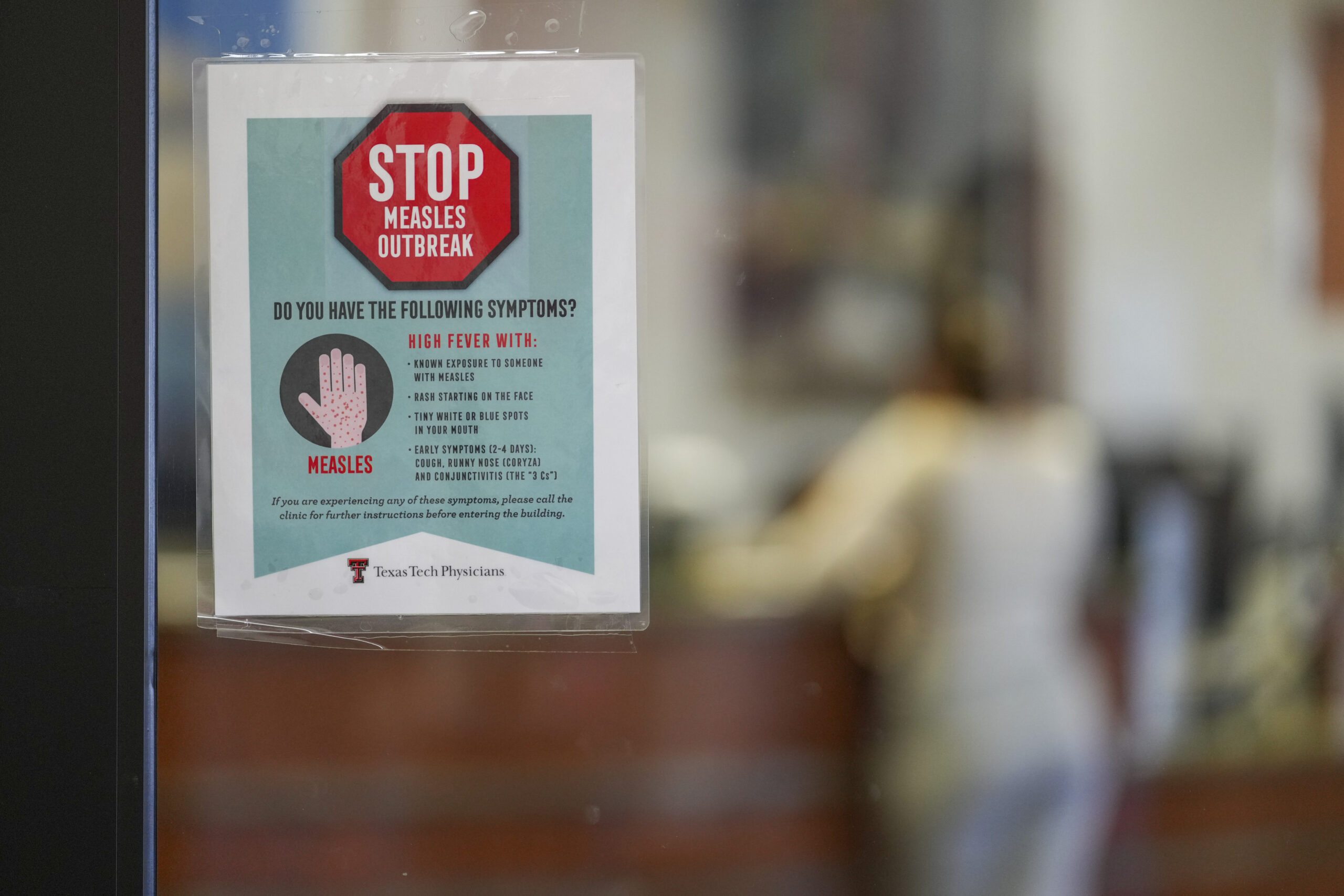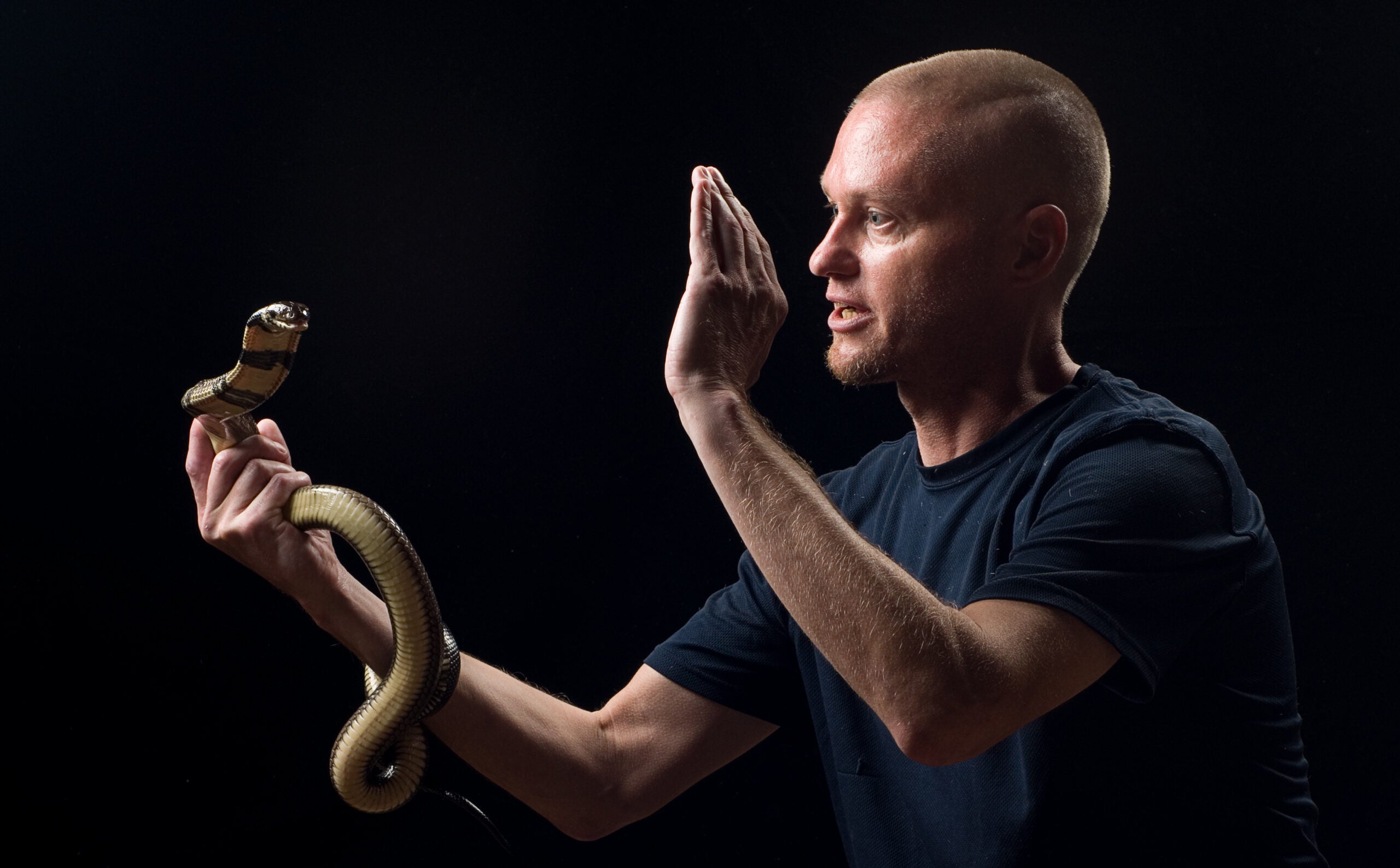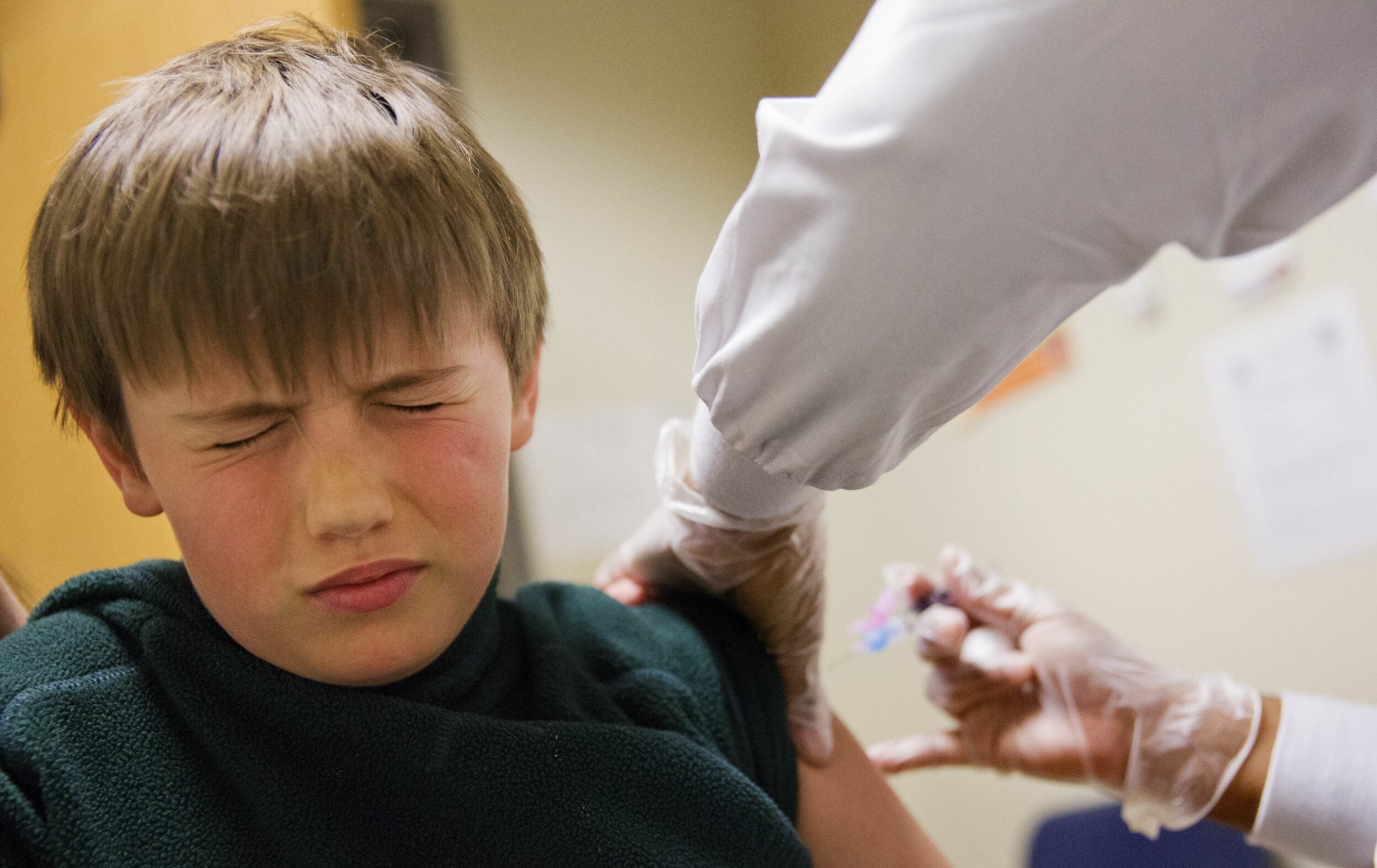With about 12 percent of Wisconsin’s population fully vaccinated against COVID-19 and more people becoming eligible in the next phase later this month, there’s a natural temptation to be more relaxed with social distancing and wearing masks. But Dr. Mary Beth Graham, an internal medicine infectious disease specialist at the Medical College of Wisconsin and medical director of infection prevention and control at Froedtert Hospital, says now is not the time to get complacent.
Beginning on March 22, eligibility for the vaccine will be expanded to include people with chronic medical conditions such as cancer, diabetes and asthma. It also includes obese and overweight patients. In an interview on WPR’s “The Morning Show” with Kate Archer Kent, Graham expanded on recent updates from the Centers for Disease Control and Prevention and addressed some common questions about COVID-19 vaccination.
This interview has been edited for brevity and clarity.
News with a little more humanity
WPR’s “Wisconsin Today” newsletter keeps you connected to the state you love without feeling overwhelmed. No paywall. No agenda. No corporate filter.
Kate Archer Kent: Let’s first start off with vaccination. What is the window for being considered fully vaccinated?
Mary Beth Graham: With the Johnson & Johnson vaccine, which is the one shot vaccine, you can expect to be considered fully vaccinated about two weeks after receiving the shot. For the Pfizer vaccine, you’re fully vaccinated two weeks after the second shot given at day 21; and for the Moderna vaccine, it’s two weeks after the second shot given on day 28.
Those two weeks give your immune system enough time to build up those antibodies.
If you’ve already had COVID-19, you still need to get the vaccine. Studies have shown that people who previously had COVID-19 had low-level antibodies, and getting the first mRNA vaccine boosted their immunity. You still have some protection from the virus for about three to six months after getting infected, but if you’re eligible, you should plan on getting the vaccine before that timeframe expires.
KAK: What is the CDC saying about people who are fully vaccinated?
MBG: As we look forward, groups of people who have been vaccinated — and I would add in there people who have recovered from COVID-19 typically within that first three to six months — they’ll also have immunity against the virus. They can gather together. But this isn’t an open invitation for large crowds.
That’s the big issue is that people understand that we can get together, but we need to get together smartly.
KAK: So where does this leave mask wearing and social distancing for people who are fully vaccinated?
MBG: Mask wearing and social distancing are still incredibly important for everyone, regardless of vaccination status when you’re in the general public, or if you’re going places where you don’t know if people are vaccinated.
If you’re having that gathering of family members who have been vaccinated or have some sort of immunity, you don’t need to wear those masks, and you can be together in those situations. But again, you should still be wearing a mask when you get out in public.
Just because you’ve been vaccinated doesn’t mean you’re surrounded by some magic bubble or force shield that doesn’t allow SARS-CoV-2 to get inside you. People who are vaccinated and exposed to the virus can still get it in the respiratory tract. It isn’t until it gets in you that the vaccine turns on your immune system to fight it. So you still could potentially pick up the virus and then potentially be infectious for a short period of time while your body’s taking care of it.
So that’s one of the reasons why, when we still have such large amounts of community spread, that we want everybody to continue the masking.
KAK: What should you do if you have COVID-like symptoms, and you have been fully vaccinated?
MBG: We really want those people to seek medical attention. There could be variants in our community which you won’t be fully protected from with the vaccine. For the primary variants that are circulating, there is some level of protection with the vaccine but not as good as there is for what we would call wild-type SARS-CoV-2. If somebody gets symptoms, it is important to contact your medical professional.
It’s important to get tested. And then on our side, if we know somebody has been vaccinated and then develops COVID-19, we send those viruses off to the state so that they can be sequenced again to determine if it’s one of the known variants or something different.
Wisconsin Public Radio, © Copyright 2025, Board of Regents of the University of Wisconsin System and Wisconsin Educational Communications Board.






